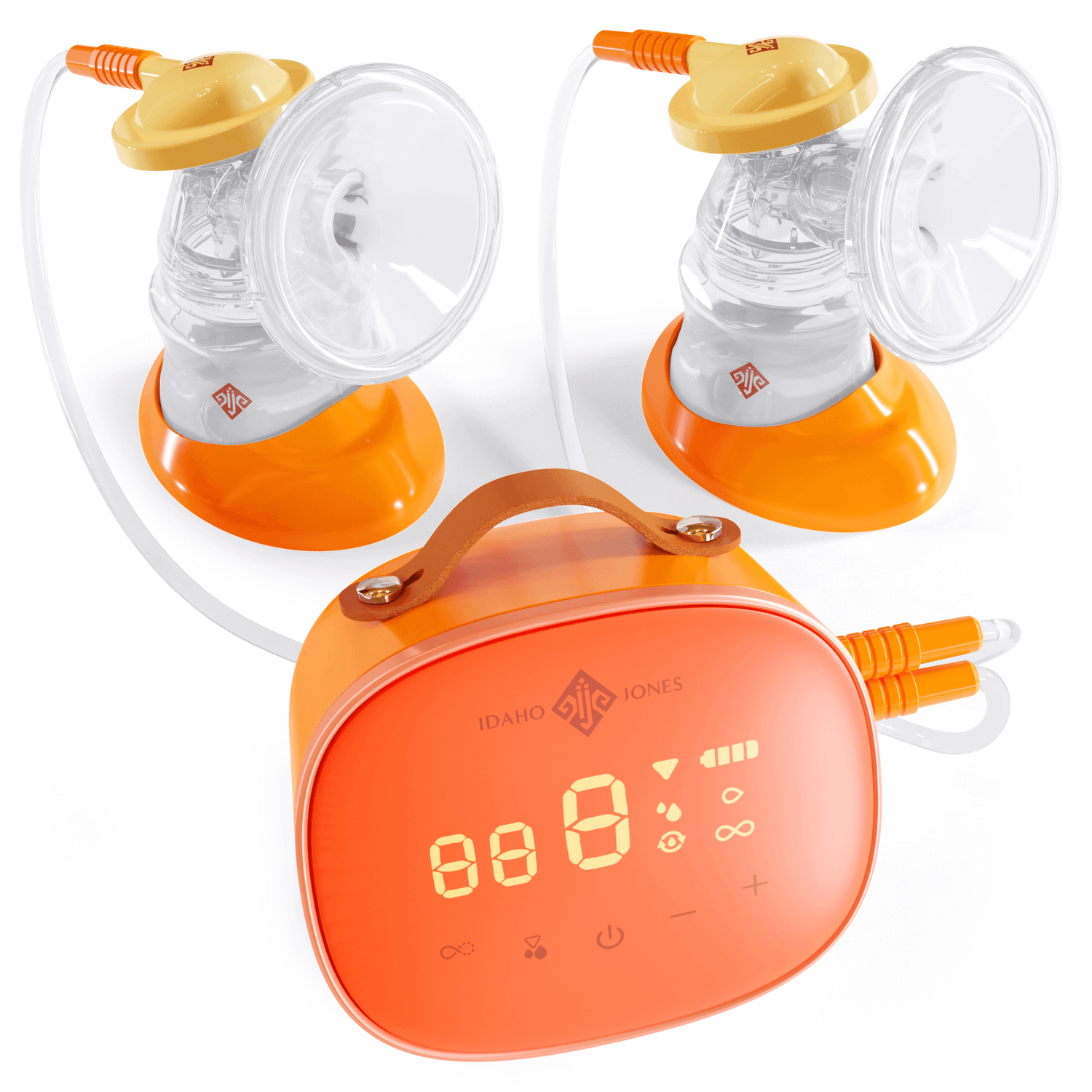As a breastfeeding mom, it can be hard to find trustworthy answers to your questions about breastfeeding and medication. In this ongoing series, “Know Your Meds,” we’ll include current research and helpful information on a number of medications so that you can make informed, safe decisions during breastfeeding. This post covers Tylenol and breastfeeding, and addresses the decisions you’ll be weighing when deciding whether or not to take this pain and fever relief medication.
What is Tylenol?
Tylenol is an analgesic, meaning that it is a pain reliever and an antipyretic, indicating that it also acts as a fever reducer. It’s generally available over-the-counter and in a number of generic brands.
Other common names for this medication include:
- Acetaminophen (generic name)
- Ofirmev
- Mapap
- Pharbetol
- FeverAll
- Tylophen
- Tactinal
Can I Take Tylenol While Breastfeeding?
According to the LactMed drug and lactation database, “acetaminophen is a good choice for [pain relief] and fever reduction in nursing mothers.”
Many breastfeeding moms choose to take this medication when in need of pain or fever relief. The database also states that the “amounts in milk are much less than doses usually given to infants [and] adverse effects in breastfed infants appear to be rare,” so we can assume that Tylenol in normal amounts is safe for moms to take while breastfeeding.
These questions from KellyMom can help you decide whether or not a to take a medication as a breastfeeding mom:
- Does the mother need this medication right now, or is it something she can easily postpone until the baby is older?
- How old is the breastfeeding child?
- Is the breastfeeding child healthy?
- Is the medication in question one with a record of being safely given directly to babies and young children?
According to available medical research, Tylenol or acetaminophen is most likely safe for use while breastfeeding. If you have questions about using this medication while breastfeeding, you can call the Infant Risk Center at 1-806-352-2519 or speak with your physician or other relevant care provider.



